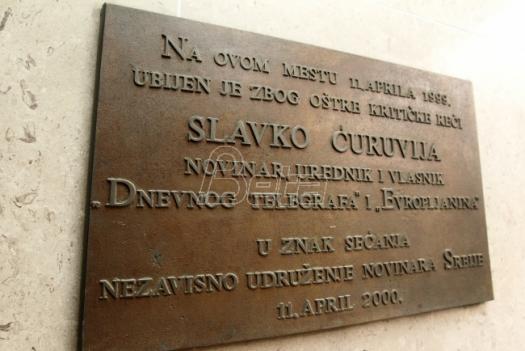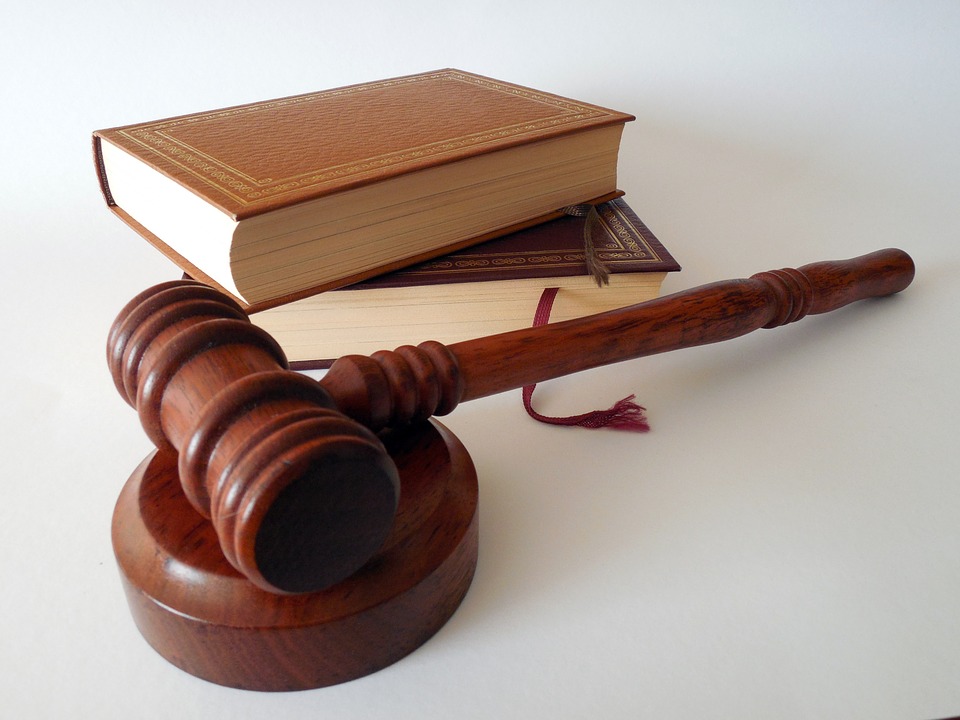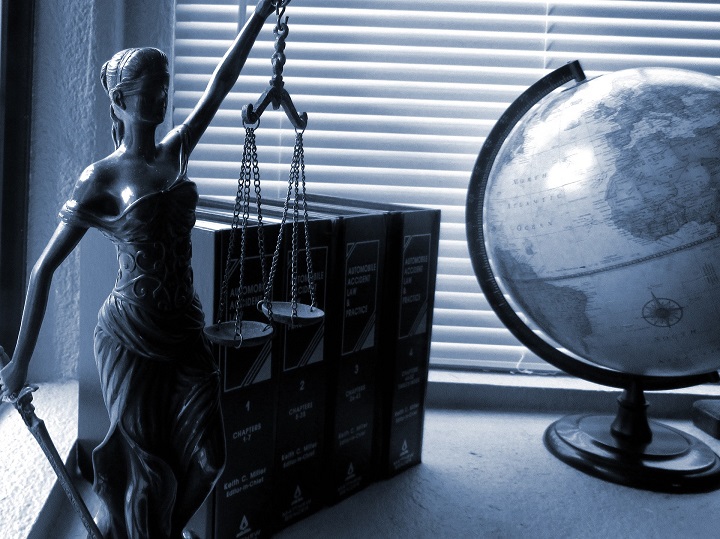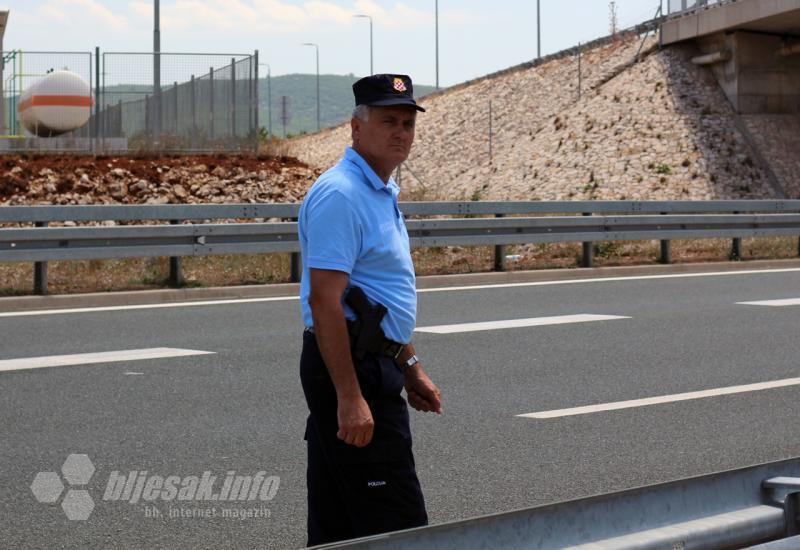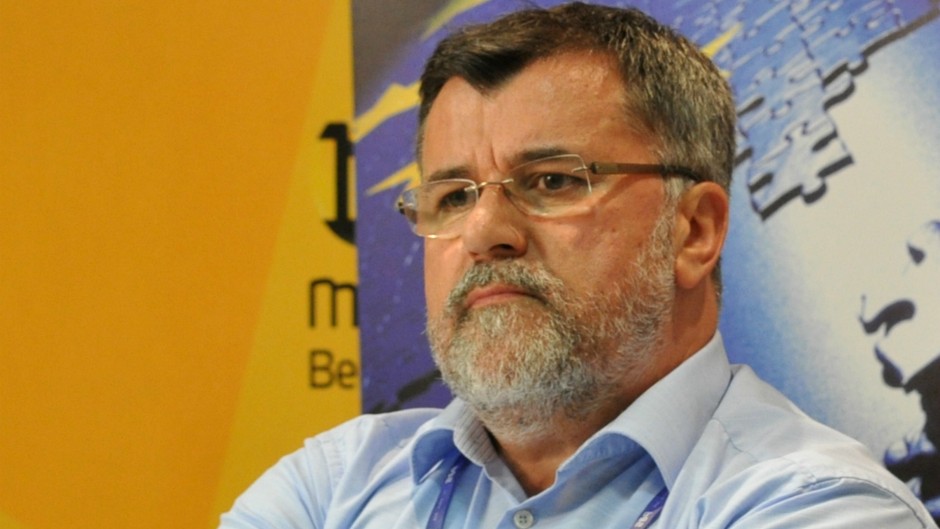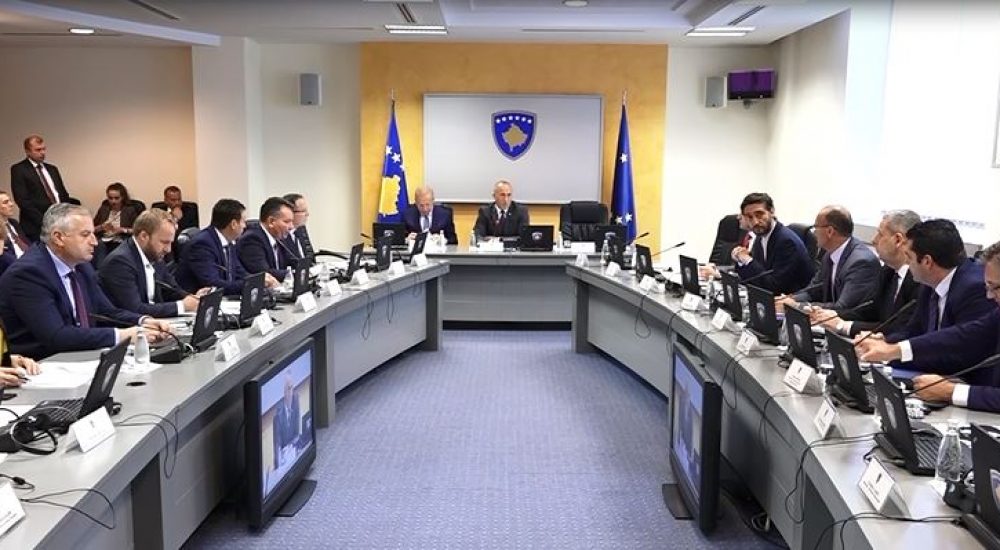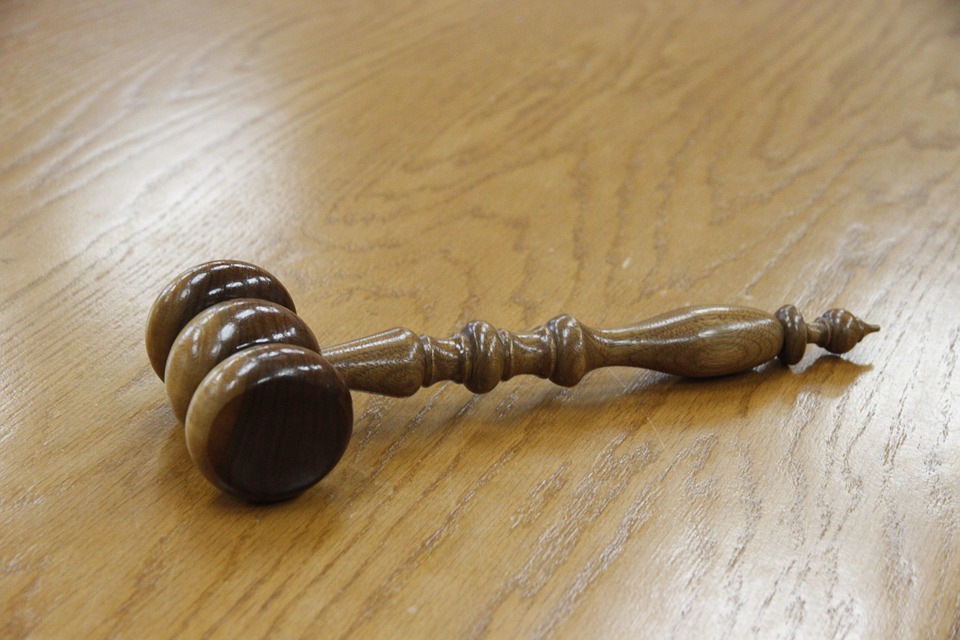SARAJEVO, 04.07.2018.-One of many conclusions on the seminar for judicial and media representatives was that both journalists and editors must be part of the continuing education process, as far as this, the rather sensitive issue is concerned (in terms of comprehensive understanding and acknowledgment of relevant and appropriate legal theme). The purpose of this article is exactly to confirm this, that is, to bring nearer the fundamental principles of the Law on Civil Procedures (“Official Gazette of the Federation of BiH”, No 53/03, 73/05, 19/06 and 98/15) and in order to make their presence and participating (during court proceedings) as part of the civil procedures or media coverage, including the following of media reports of this issue. At certain points, this Law refers to provisions of the Law on Protection against Defamation of the Federation of BiH (“Official Gazette of the Federation of BiH”, No 59/02).
Fundamental Principles of the Law on Civil Procedure (originally and hereinafter ZPP)
Even in its initial Article 1, the ZPP defines that the Law shall determine the procedure rules, upon which the courts shall launch their discussions and consequently make decisions regarding civil procedures and all disputes (pursuant to the Law on Protection against Defamation of the Federation of BiH) are undoubtedly they shall define part of these procedures as well. Understanding the fundamental principles and rules of the ZZP is crucial for all media representatives, because its absence, according to this article’s author, often results in mistranslation, misinterpretation and incorrect conclusions of all parties involved in certain procedures, their dissatisfaction, but it also creates the wrong picture send to the public whilst making reports about particular court proceedings. In this sense, critics directed against court’s decisions often emerge, including critics directed against particular judges being consequently described as biased towards certain parties involved in the process, or judges whose knowledge and expertise are described as noncompetent and/or insufficient or judges making slovenly based decisions or similar situations.
Therefore, Law on Civil Procedures displays a set of rules upon which the court, during the civil court proceedings, launches and implements required actions for procedure commencement, with the purpose of bringing the decisions (based on party’s enquiry which had previously launch and initiated the entire court process) closer to all parties involved. This means that procedures are usually launched by parties involved, that is, a competent suitor by pressing the charges against the accused party and it would be incorrect to say that it is the court that files claims against the accused party or that it is the court the leads procedures against the certain party.
Court is considered as an independent body of the third governing post (along with bodies of legislative and governing levels) and is entitled and responsible for law implementation, including civil procedures that either party claims in accordance with the law, not taking into serious consideration whether the filed/ submitted suit had legal foundations in the first place. Therefore, suitor in their files/claims, indicate that the accused party violates their subjective rights and consequently suitors requests appropriate and relevant protection from the court as a result of the violation of their rights. Plaintiff, during the protection from defamation proceedings and according to the above mentioned facts, claims that the accused incriminates his public reputation by releasing or transferring untrue and incorrect information and facts, by identifying and exposing the plaintiff to a third party and he/she consequently seeks protection from the court demanding the protection for his/her violated rights.
Plaintiff in his claim must indicate firm elements of accusations clearly defined by Article 53 of the ZPP (particular suitor’s claim, indication of dispute value and other relevant information with each of them being precisely registered as subject), and in order to have legal appeal considered as valid and appropriate for further proceeding, this appeal can be submitted and presented to the accused party for a reply in return. Accused party is thus obliged to respond to appeal received (in written) in 30 days from the date of the received lawsuit. In his/her response and reply to lawsuit he/she shall reply by indicating eventual process complaints, plead whether he/she admits or denies lawsuit he/she is presented with and consequently deny lawsuit presenting evidence for its denial, including the evidence, proofs and facts determining the denial (Article 71, ZPP).
If the accused party, within the period defined by the law, fails to submit the reply and does not respond to the received lawsuit, the verdict may be passed without his/her consent and presence. For the sake of correct understanding, the above mentioned shall not be considered as derived and imposed sanctions, as far as the accused party is concerned; instead this process would rather refer to a presumption, indicating that the accused party received a lawsuit, that he/she had read it and understood its content and that he/she would agree that the court shall make decision with meritorious discussion and without further costs and expenses of the proceeding. According to this, the accused party does not file in a complaint and is consent with the verdict and without their presence. Pursuant to the above mentioned, it is required that the lawsuit shall be submitted to the accused party, according to the law provisions, when the lawsuit procedure officially commences.
Further proceeding consists of preparation hearing, main hearing and consequently the verdict. Preparation hearing is aimed to clarify all process objections, to clarify the core of the dispute, to identify the key evidence required for decision making (and decision making) in particular cases, to clarify and differentiate clear from unclear arguments and finally to present evidence that would outline clear but disputable facts.
Material law defines key and determining facts and during the cases related to the protection against defamation, the Law on Protection against Defamation shall provide us with the fundamental principles, recognizing and defining the crucial facts required for proceedings and determining, in order to make and pass the decision (regardless of the nature; process or merits – based decision). Consequently, we must not forget that European Convention on Protection of Human rights and Fundamental Freedoms are directly implemented and applicable in our legal and judiciary system.
Material law, therefore, in cases related to the protection against defamation and to some extent, obtrudes the judges to take the following circumstances into serious consideration: – the following defamation elements shall be considered as crucial and these include: releasing/transferring certain and untrue/incorrect information;
Identifying the damaged party, damage existence, transferring to third parties, intention or unintentional actions taken in the above-mentioned proceedings
– the court, in terms of the above mentioned, clearly make the difference between clear evidence and arguments and valued courts
– the court shall pay attention to possible conflicts between two rights – the rights of privacy/reputation and right of freedom of expression
– the right of freedom of expression shall be limited in terms of law and its provisions, there must be a single or more legitimate goal and they must be present on democracy – biased society
– during the establishing and developing of balance between the right of the protection (reputation) and right to freedom of expression the following criteria shall be taken into consideration:
a) is expressing (derived from the contribution to the discussion from interest) disputable
b) how familiar is the public with the suitor (damaged person), is he/she public or private person and what was her/his behavior like prior to proceeding
c) nature of information collection and its accuracy (acting in good faith and based on true and correct arguments and facts)
d) context, form, and consequences of releasing
e) seriousness of eventual and possible sanctions.
As the above mentioned implies the court is presented with rather complex, complicated and serious task and its assignment is thus followed by the questions how shall the court manage to determine and define all of the above mentioned and flatly arguments and facts.
Facts relevant to decision making shall be determined through the proving system (should they be considered as disputable), but special notice shall remain and its direction could only help the appointed court to make decision within the scope of limits of demands and requests previously set up in the proceeding process; therefore, it would only refer to what parties would require and only within the limits of facts and arguments that the court had been presented with during the process itself. This means that courts shall not, pursuant to their ex officio, lead the proceeding, but also, they shall not examine and analyze the facts, nor they would attempt to reach the full truth either in a concrete dispute. The court shall make decisions only based on what parties present in front of them; based on the results of proving process and the way the process truth shall be reached, does not necessarily mean that it has to be in parallel and match up with the real and actual truth of certain, real and existing event.
Due to the above-mentioned facts, we should seriously take the obligation of parties involved, to present all facts upon which they base their requirements and demands, including arguments and evidence necessary to confirm and support their claims. The court’s task would additionally be to, after being presented with arguments and evidence, determine whether these arguments and evidence indeed served to prove and confirm the claims or another way around. According to prior, parties therefore recommend, suggest and present their evidence, and if the court, pursuant to results deriving from the evidence, cannot be certain whether particular firm evidence does indeed exist or not, the rule on a burden of proof shall be implemented and applied. Therefore, the court cannot reject to pass the decision according to certain suitor’s request, because it considers that insufficient evidence is presented; instead, it must proceed with the burden of proof rule.
This consequently implies that the party which was obliged to present certain evidence and failed with presenting it shall take the burden of unsubstantiated evidence and the facts and arguments that this party presents, shall additionally be considered as nonexisting fact or evidence.
The process of affirming relevant, but disputable facts shall be processed on main hearing, because it is during this particular proceeding stage when the parties present proofs by reading them out, interrogating suitor and defendant parties involved, question witnesses, listen to expertise (expert’s opinion and analysis) and finally listen to inspection presented.
If the parties present proofs in order to determine the facts that are not considered as important for decision making or if these facts are acknowledged, that is, undisputable or commonly known, the court shall reject the presentation of such proofs, and in this sense, we shall pay particular attention to reasons upon which the court would reject applying of certain proofs. The prior should particularly be highlighted because the court would then be obliged to implement the process in most economic and efficient way, therefore, to conduct and conclude the entire process in shortest possible time and with minimum costs and expenses required, and such justified rejection of the presentation of certain proofs does not mean the judge has been acting illegally and that judge acted against the law or that he/she disallows the party to discuss, or that judge is biased towards certain party or similar situation.
Finally, the court (based on the results of implemented process) passes the decision in terms that determined facts, evidence and arguments and treats the case as part of appropriate provisions of material law (court syllogism), which is, as we could see from the above-presented facts, complex and demanding process, particularly if we take into consideration that the judge shall write certain exposition of court decisions with multiple meaning. Namely, from the verdict exposition, both suitor and accused are presented with the reasons of appeals rejection or approval being thus provided with the possibility to challenge such decision by applying remedies (appeal). By submitting expositions in written, the exceeded arbitral court proceeding is reduced, although we must not neglect the impact that decision expositions may have on education, including the prevention of inappropriate behavior in similar situations. Judge’s skills, experience and involvement influences on the degree of success and how the prior task would be accomplished, but we must not neglect the circumstances and the environment in which this judge performs his professional task.
After the verdict, parties have the right (pursuant to law provisions) to appeal (legal remedy which is under the jurisdiction of the second – instance courts – Cantonal courts in FBiH), including the revision (special remedy which is under the jurisdiction of the High Court of the Federation of BiH), with a notice that, if the second – instance court confirms the first – instance decision or reverse the decision; the process shall be validly terminated.
Conclusion
As we can see in the above mentioned, in order to make the decision about the suitor’s appeal, it is required to launch a proceeding which, in case of the lack of understanding of its norms, may lead to conclusions that again may lead the court to proceed and be biased towards the involved parties in the proceeding, that is, to “serve” one party in particular. According to this, any citizen should become familiar with the fundamental principles of civil procedure and become familiar which obligation becomes important if the case includes the party on the civil procedure or in case of professional reporting about the particular civil procedure. The propose of this article was exactly to support this with the clear indication that civil procedure is indeed complex and according to its nature it is a constant subject to further examination.
In conclusion, we outline and highlight that everyone must be clear with the fact that this is civil procedure, disputes of civil and legal nature, including the protection of defamation cases and these have nothing in common (in terms of process and material sense) with criminal felonies, criminal procedures, accusations, indictments, suspects, accused and convicted, that is criminal sanctions imposed, that is, have nothing in common with court proceedings related to criminal and legal issues and that we should always make a distinction between these two legal areas and cases that are subject of proceedings. Also, it is necessary to outline that court’s decisions, as the third and independent party, to make the decision regarding the adequacy or not – adequacy of the appealing request, without the possibility to provide help to either party or the “serve”’ either of them.
This text is a part of E-Bulletin–the first edition of the special serial of BHJ online bulletin implemented as part of the following project: Reinforcing Judicial Expertise on Freedom of Expression and the Media in South-East Europe (JUFREX).


